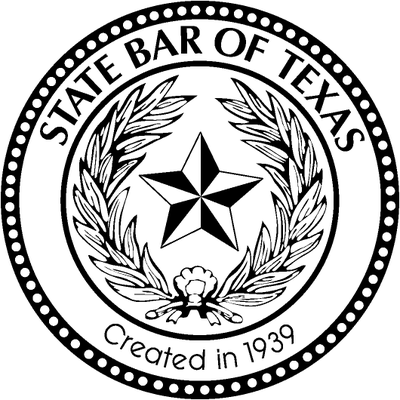Welcome to Texas Business Matters! This is our fifth blog in a ten-part series on non-competes. In our last blog, we addressed whether an independent contractor can be bound by a non-compete agreement. In this blog, we will discuss the special rules for non-compete agreements for physicians.
As we discussed in our first blog of this series, to be enforceable under Texas law, a non-compete agreement must be reasonable in time, scope of activity, and geography. Non-compete agreements for physicians must adhere to the same reasonableness standards.
However, in addition to these general requirements, non-compete agreements for physicians must contain three special provisions. One, the non-compete agreement must allow the physician to have access to a list of the patients she has seen in the past year, allow access to a patient’s medical records if authorized by the patient, and provide that the list of patients and medical records will be in the same format in which they previously were maintained. Two, the non-compete agreement must allow the physician the option to “buy out” of the agreement at a reasonable price. Three, the non-compete agreement must allow the physician to provide continuing care to specific patients during an acute illness even after the physician’s employment has been terminated. Without these provisions, the non-compete agreement is not enforceable against the physician who signed it.
A Houston eye clinic learned this the hard way. In Lasikplus of Texas, P.C. v. Mattioli, a physician employed by the clinic signed a non-compete agreement which prohibited him from opening a competing eye clinic within 20 miles for 18 months after he left the clinic. However, after leaving the clinic, he opened his own clinic just two miles away. His former employer sued. The employer lost, even though the physician had violated the non-compete agreement, because the agreement lacked the special buy-out provision required for physicians. The Houston Court of Appeals refused to “reform” or revise the agreement even though the agreement contained a provision allowing for revision if the agreement was unreasonable in scope of time or location. Because the clinic did not include the buyout provision, the non-compete agreement was not enforceable against the physician.
A lesson to be learned for medical employers: make sure that your physicians’ non-compete agreements contain the required special provisions. If an agreement is reasonable and contains these special provisions, it may be used to limit when, where, and how a physician can establish a new practice or join an existing practice.
In our next blog, we will cover which state’s law applies to a non-compete agreement when the employer and the employee reside in different states.









